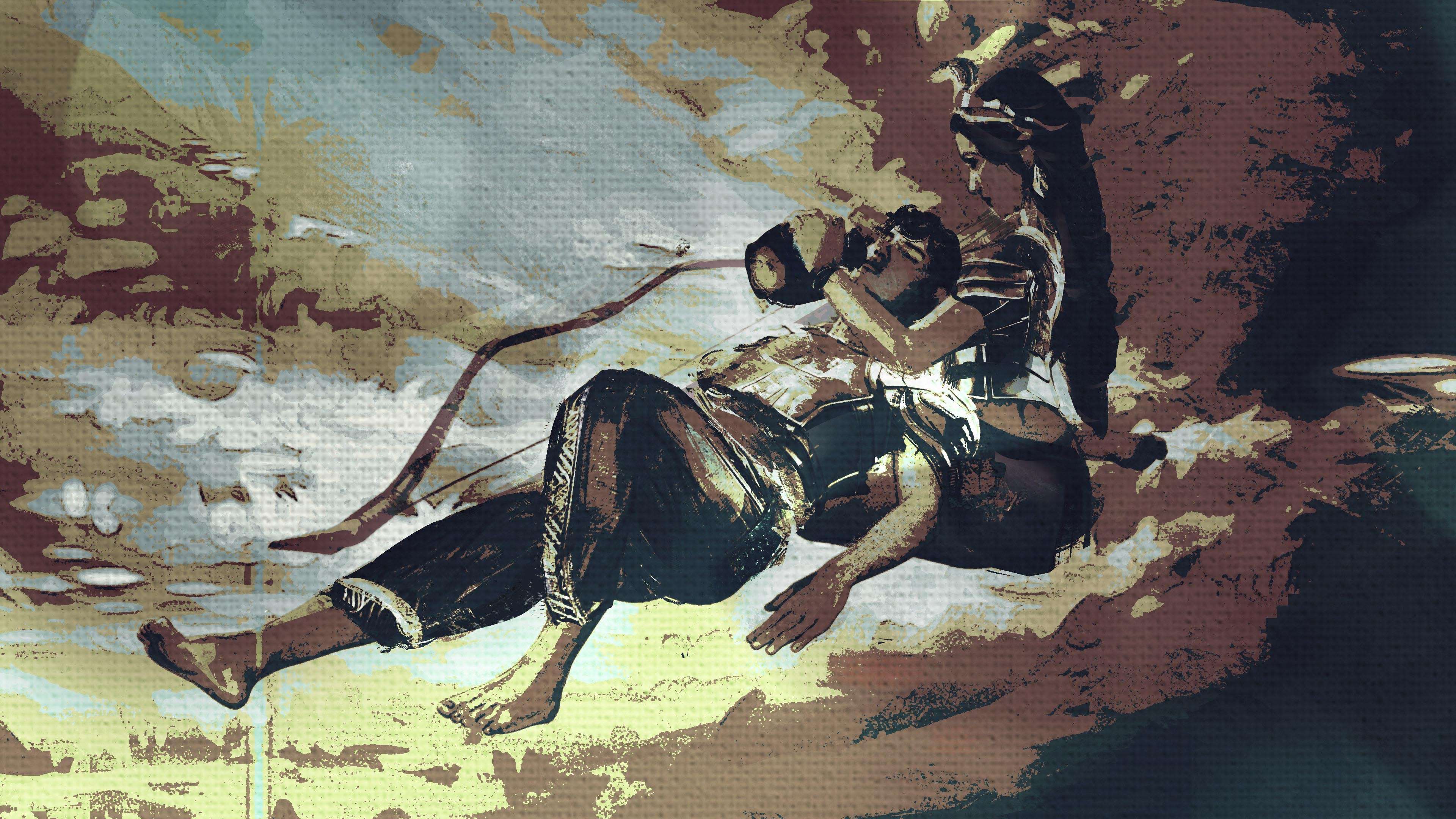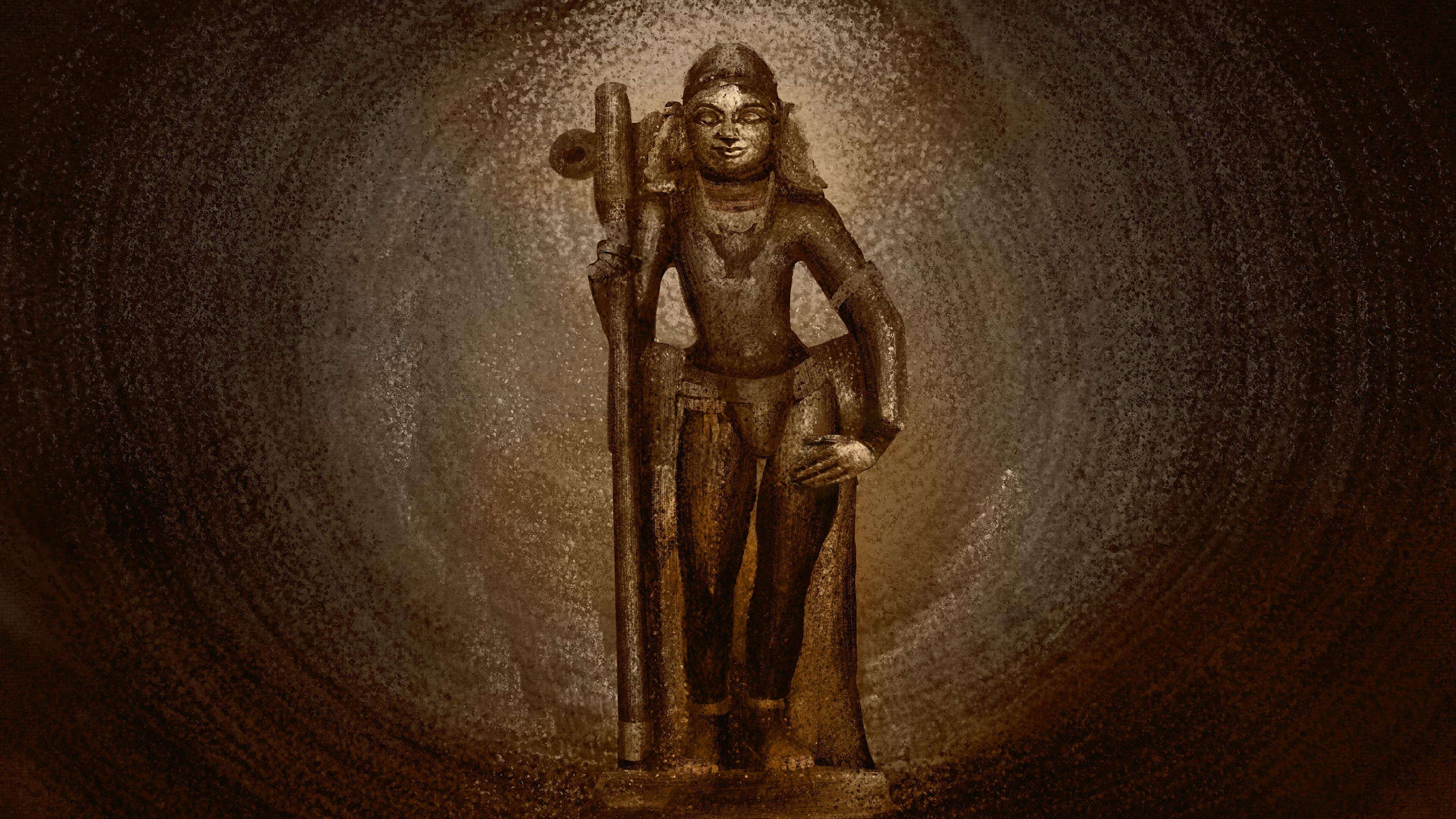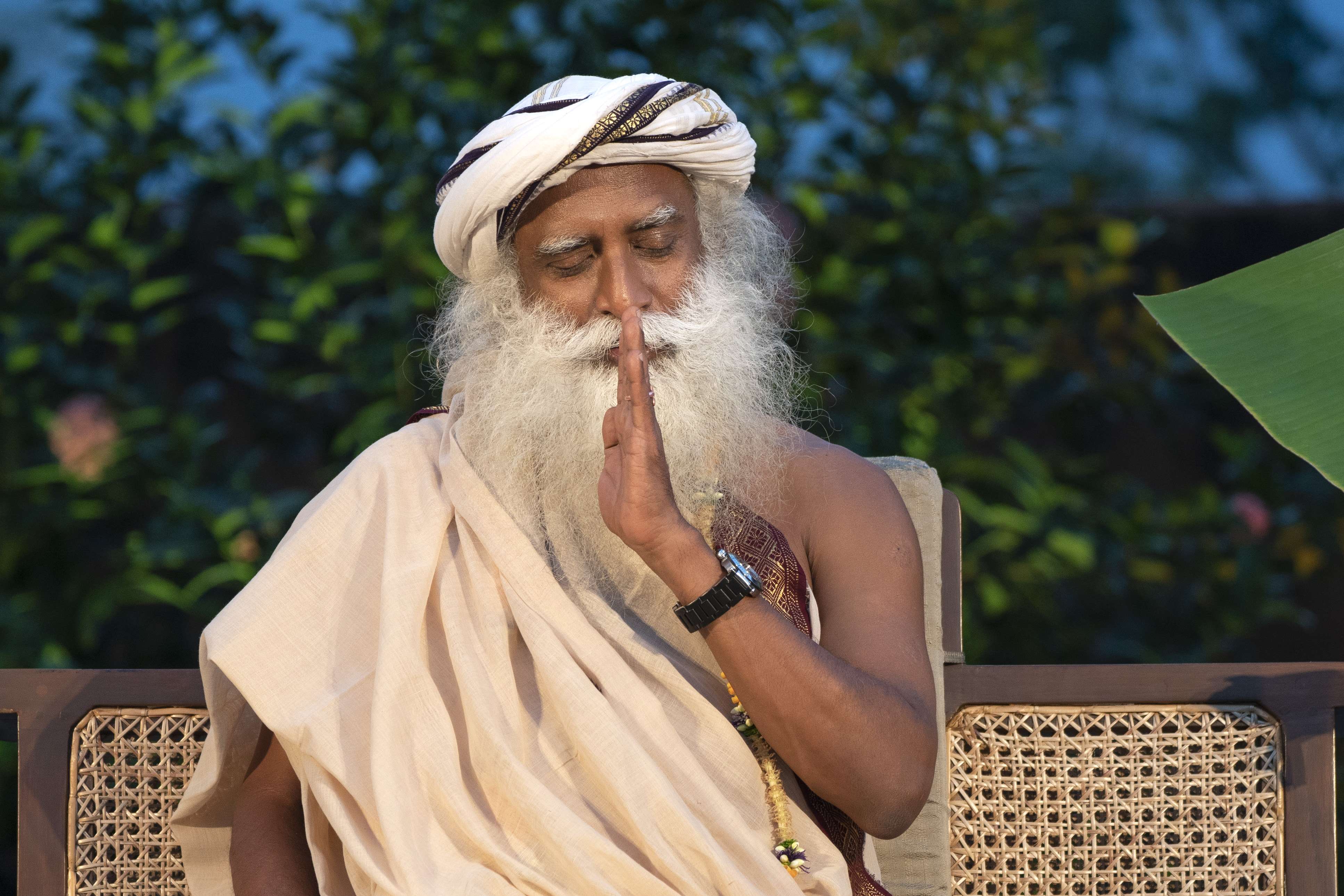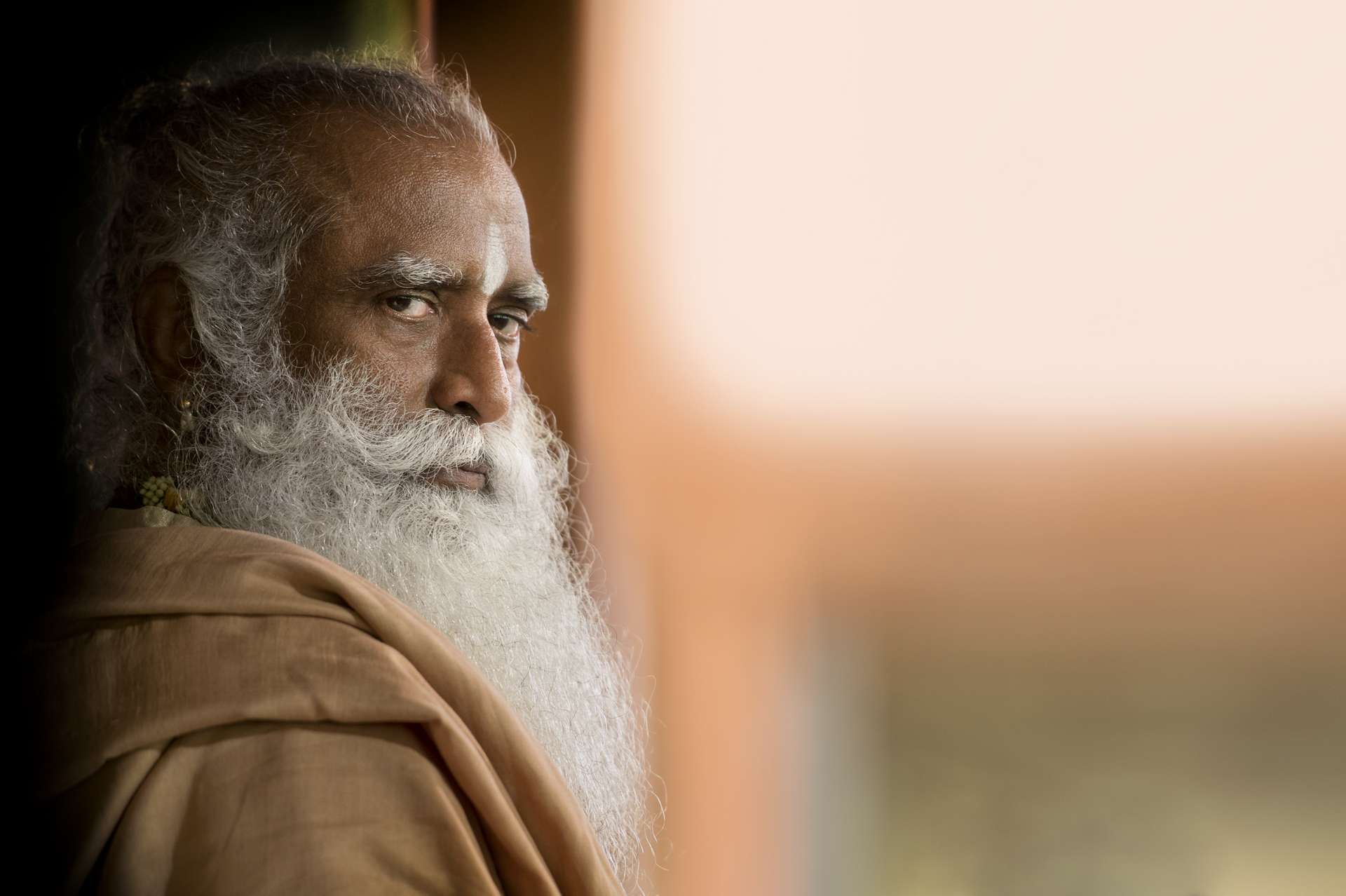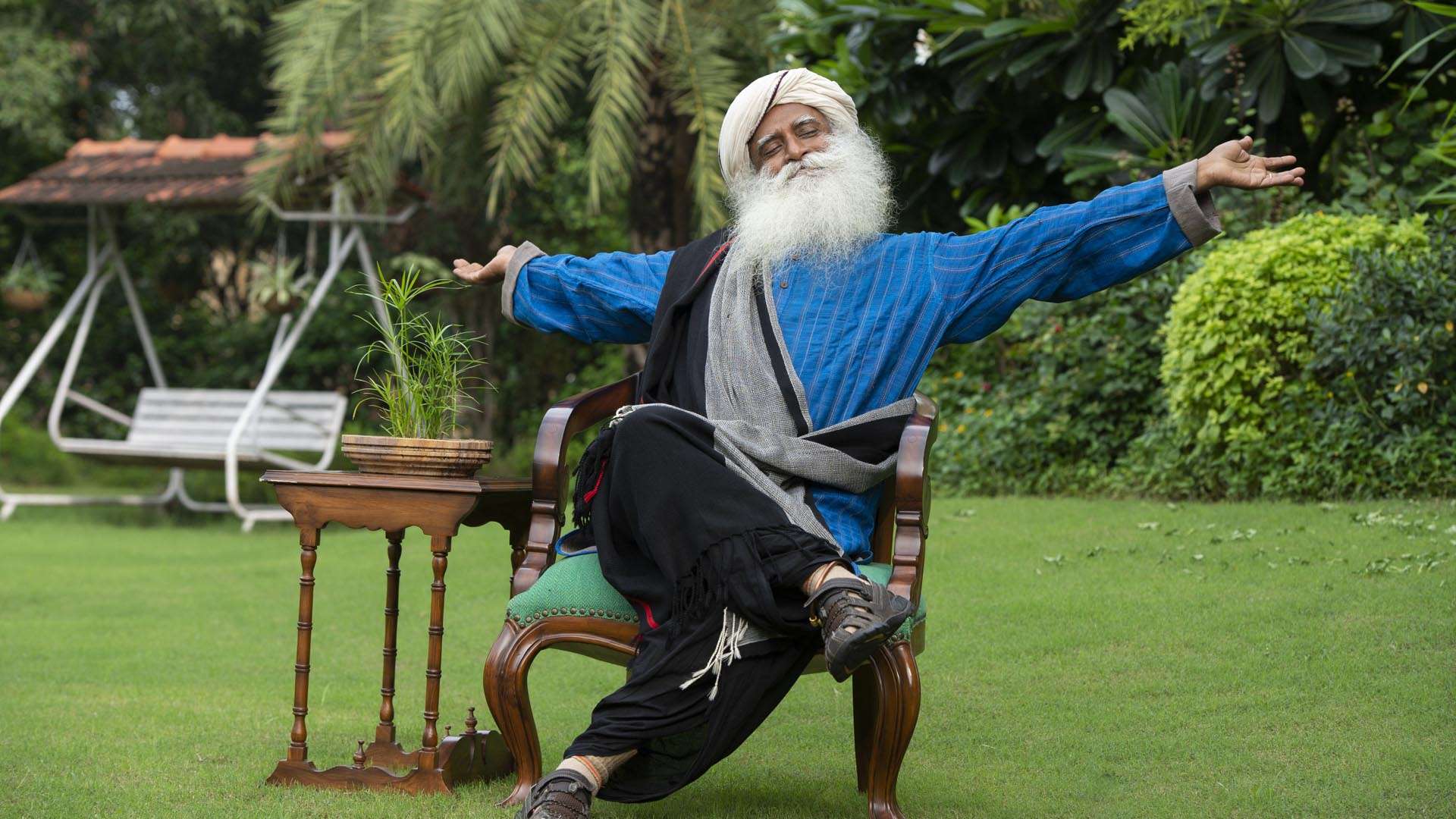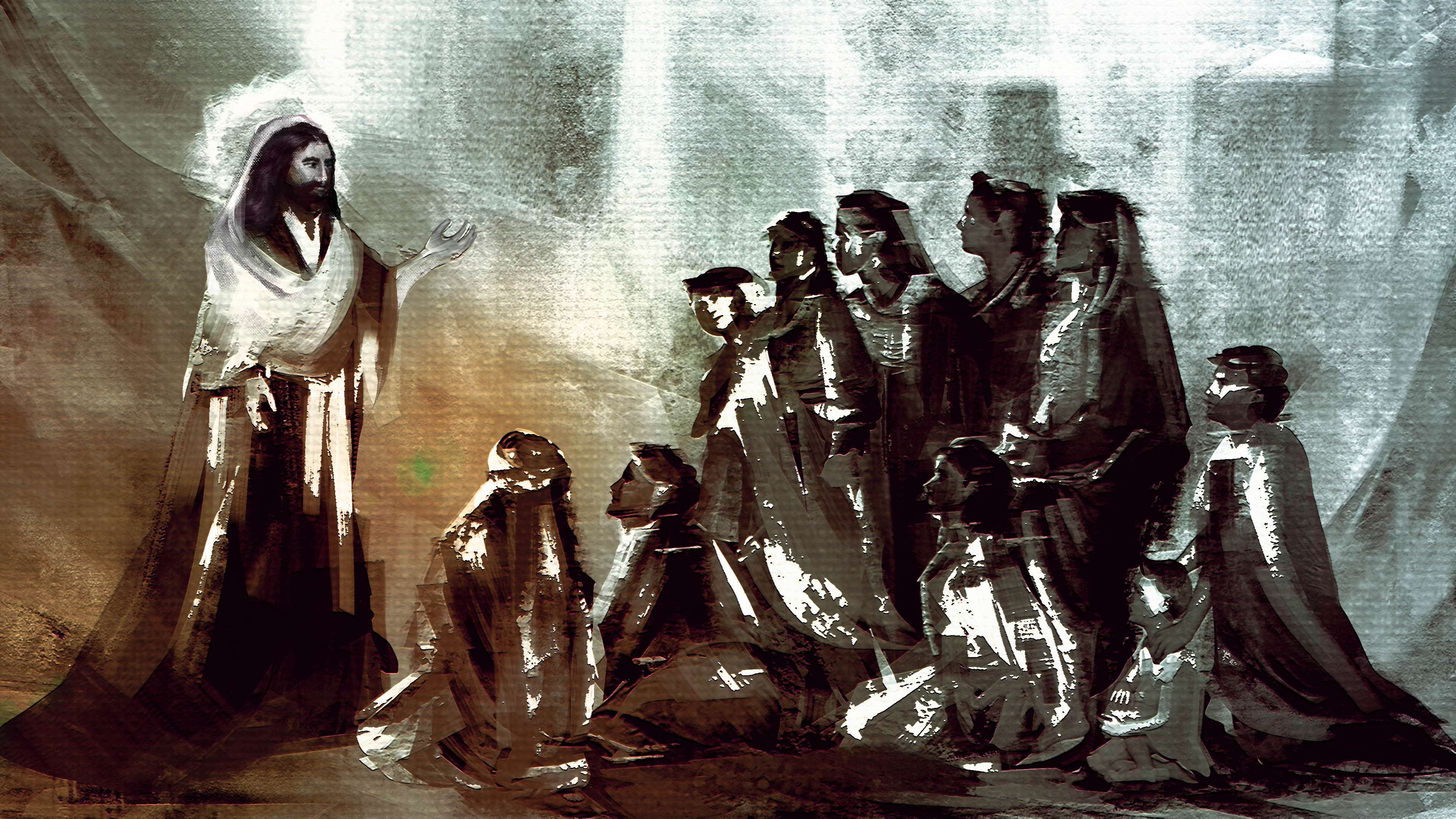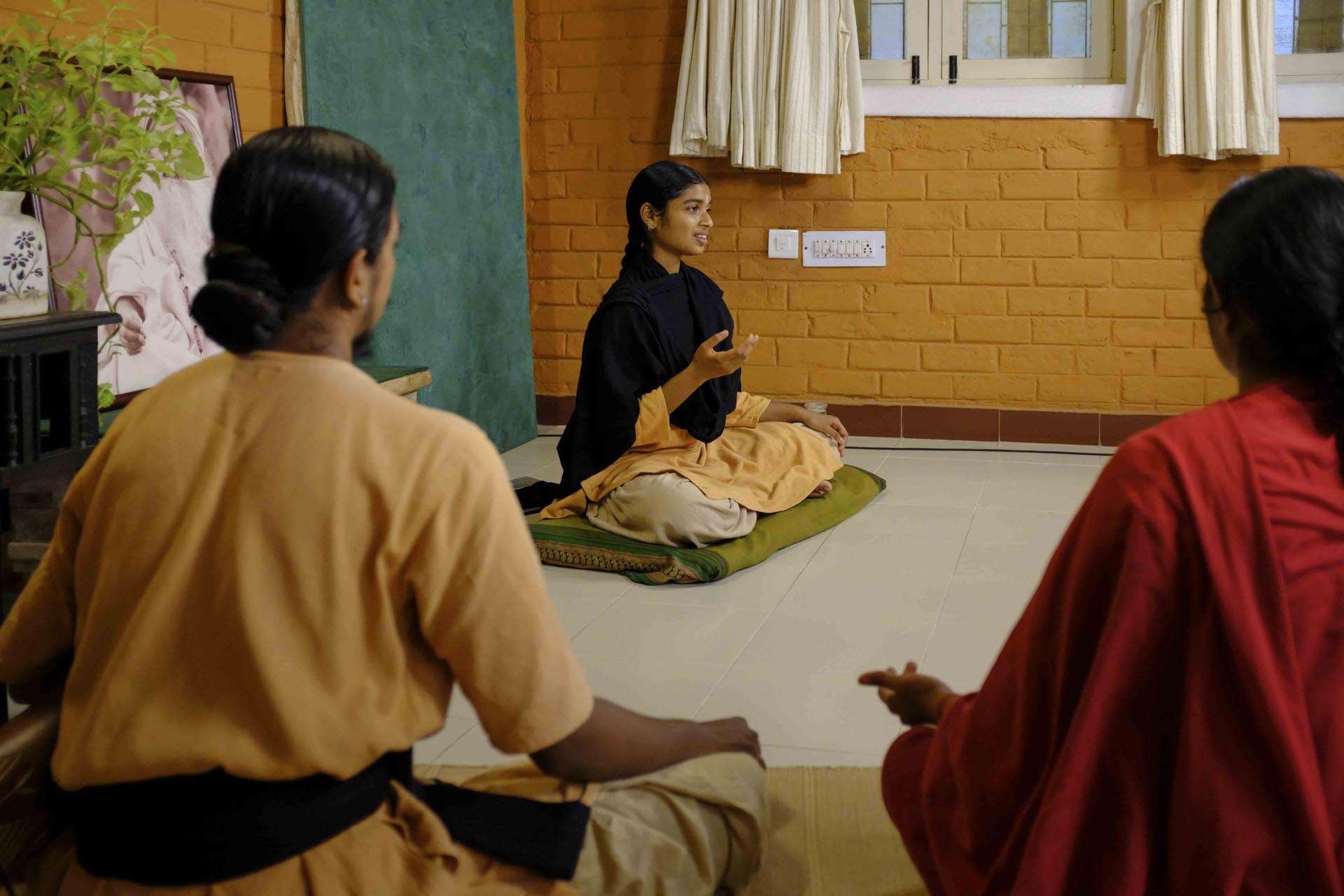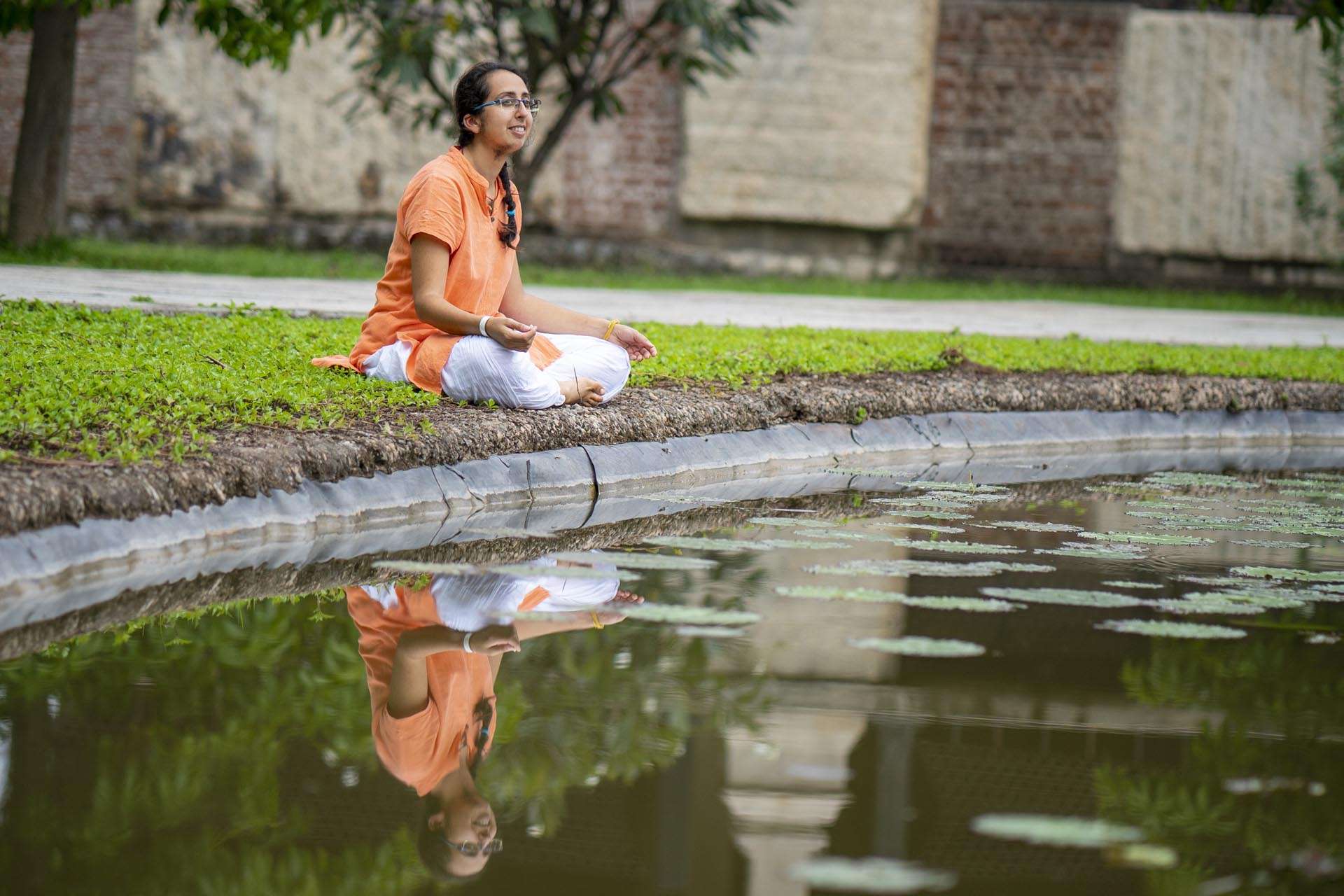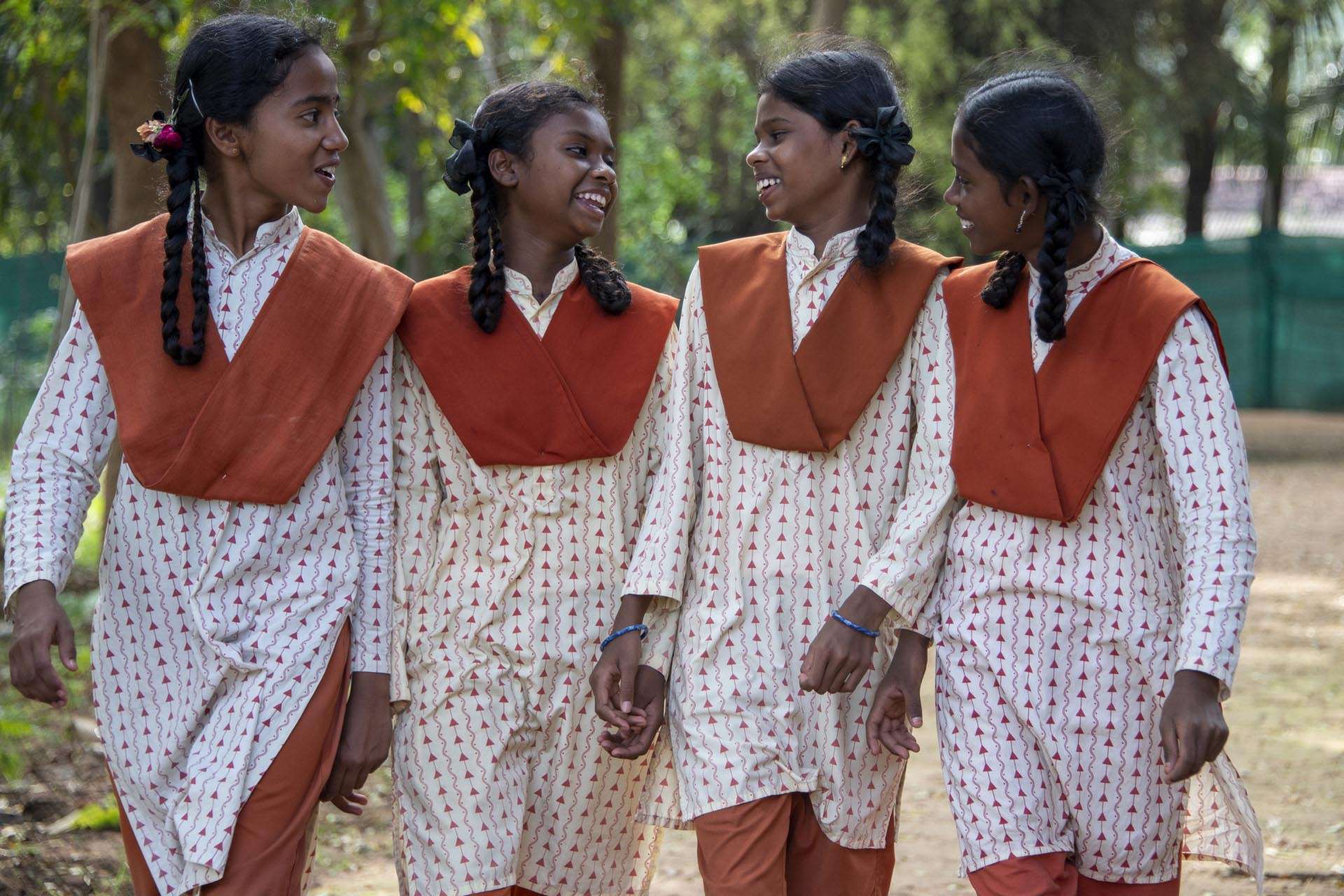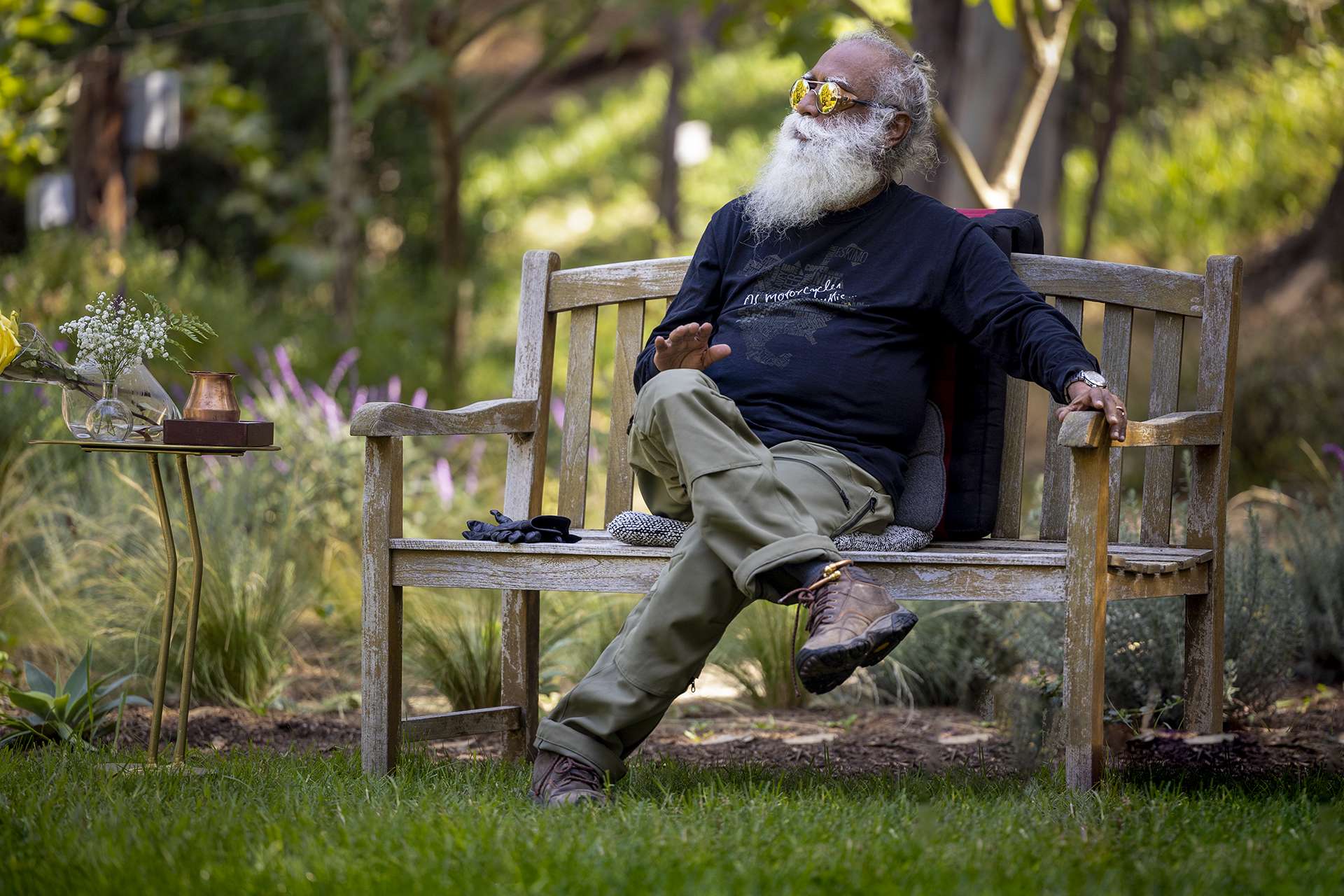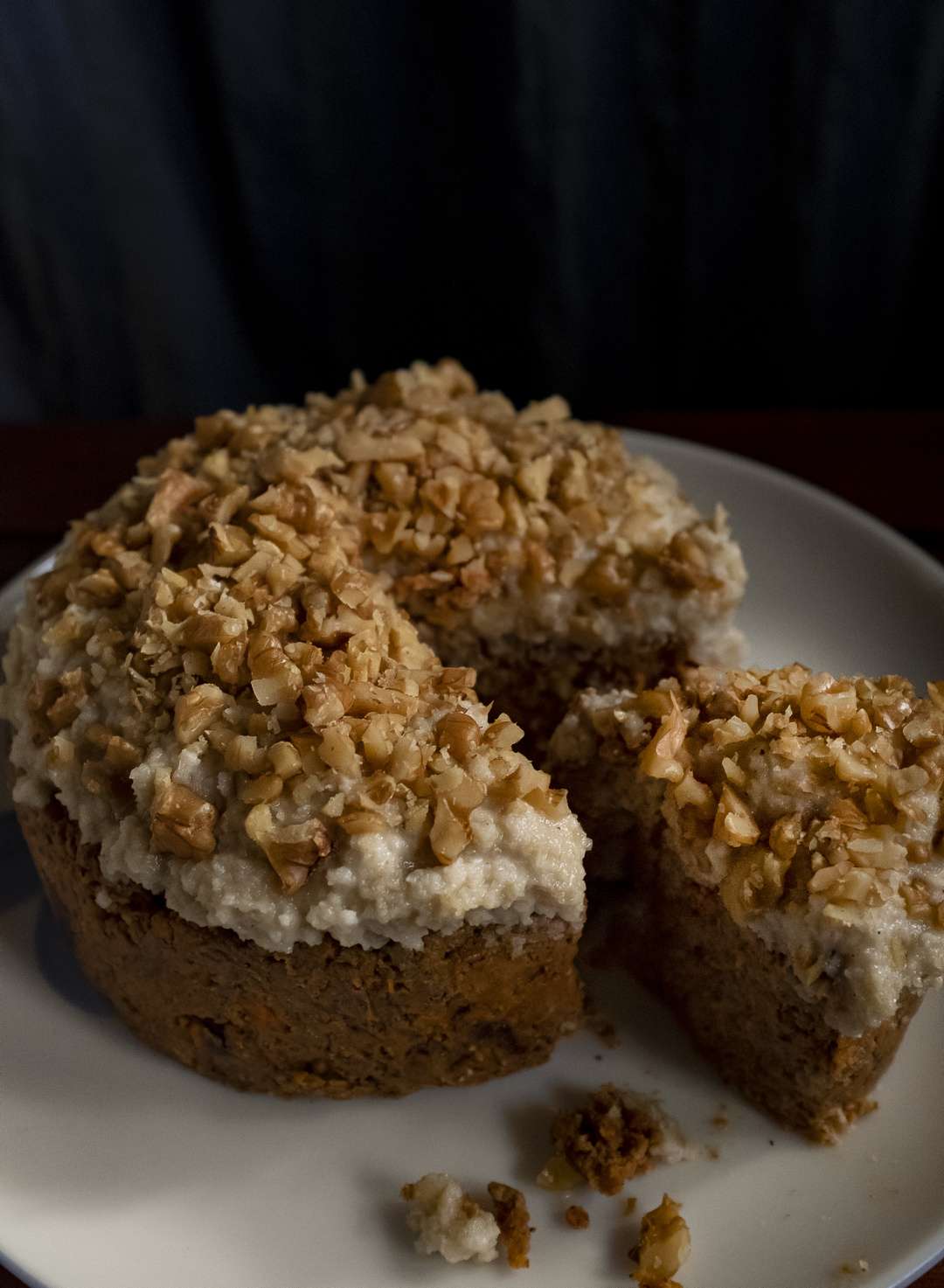Questioner: Sadhguru, it is said that Arjuna was killed and then brought back to life. How did that happen?
Sadhguru: It was Arjuna’s own son Babruvahana who killed him. This was necessary because Arjuna was invariably going to be killed by Bhishma, because when Bhishma gives battle, no one can stand in front of him. When Arjuna’s wife, Ulupi, saw that Babruvahana had killed his own father, she used her occult capabilities to bring her husband back to life by giving him an elixir.
The elixir is described very beautifully. When Bhima was given the elixir by the Nagas, and a similar elixir was given to Arjuna, they say it was heavier than quicksilver. Quicksilver is mercury. It was a mercury soup with various types of venoms and herbs mixed in it. Arjuna drank this elixir and was brought back to life.
In South India, this is known as navapashana or nine deadly poisons mixed in a certain soup that you are supposed to consume. The Siddhas[1] used to cure just about any disease with this. Even today, a few idols in Tamil Nadu are made of navapashana, and people stand in long queues to drink and benefit from the water that flows off this idol which has a trace of those nine poisons.
It is like you ate a meal, someone washed the dishes, and somewhere outside, a dog will drink the dish water. Do not underestimate dishwater. On a particular day, when things fall together right in the dishwater, it could be a great soup. Navapashana is like that – people are finding enormous nourishment and health in it.
Arjuna and Bhima drank the real “soup,” but you must be in a certain state for that – otherwise you cannot handle it. And above all, the people who make and administer the soup must be in a certain state of understanding, capability, and inner competence. So, only the Siddhas did it in the past.
